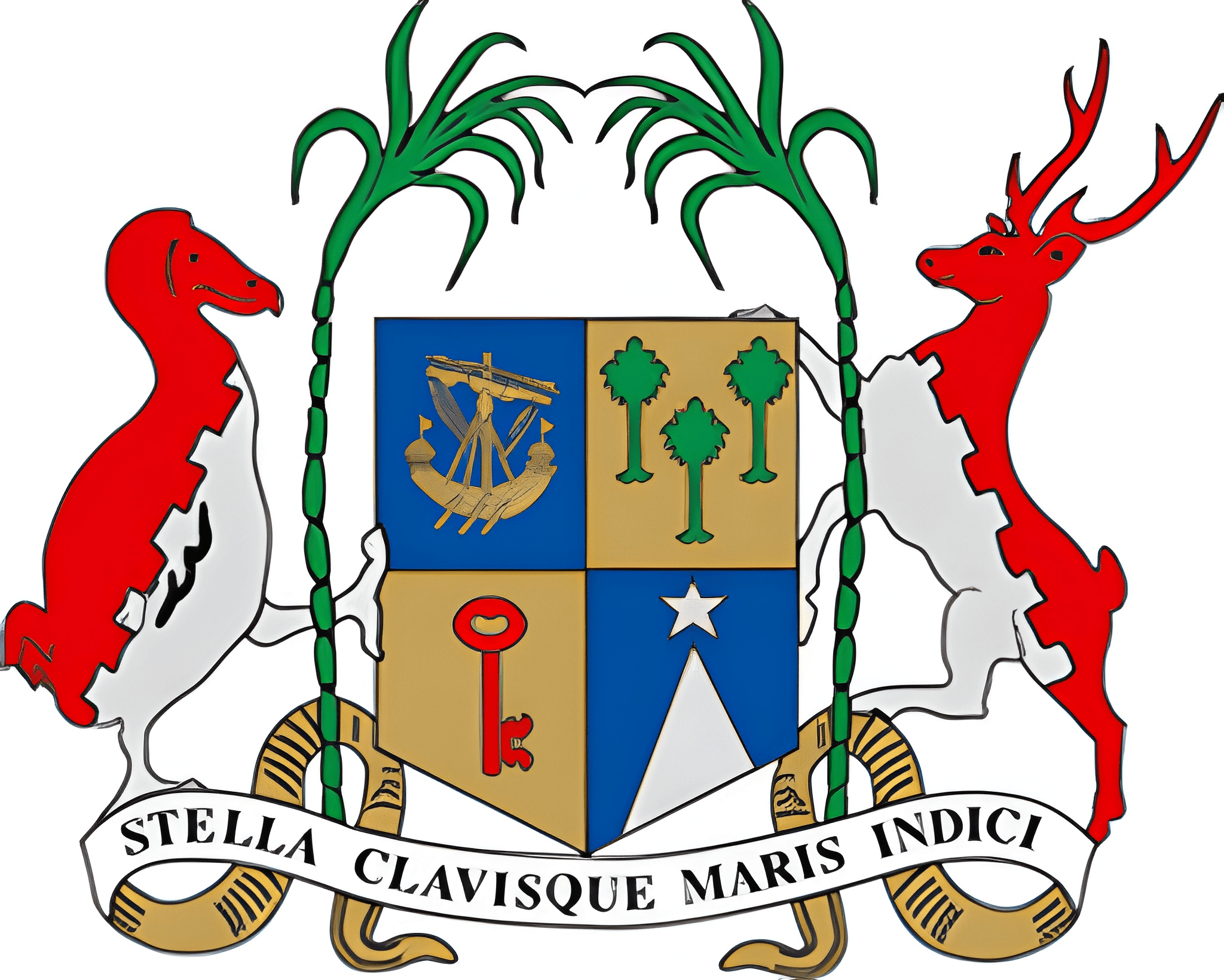The Codex Alimentarium Commission
Codex is the main international food standard-setting organisation. The Codex Alimentarius is a science-based organization. Independent experts and specialists in a wide range of disciplines have contributed to its work to ensure that its standards withstand the most rigorous scientific scrutiny. The work of the Codex Alimentarius Commission, together with that of FAO and WHO in their supportive roles, has provided a focal point for food-related scientific research and investigation, and the Commission itself has become an important international medium for the exchange of scientific information about the safety of food. Collaboration between WTO and the Codex Alimentarius concerns the use of international food safety standards in the context of the SPS Agreement. The standards of Codex have also proved an important reference point for the dispute settlement mechanism of the WTO.
Le Codex : a global process; during the year, Codex work takes place over the 5 continents ; over and above the annual plenary session of the Commission, the Codex has 17 committees, six regional coordination committees and various working groups.
Achievements of the Codex
Over the years, the Codex has developed over 200 standards covering processed, semi-processed or unprocessed foods intended for sale for the consumer or for intermediate processing; 50 hygienic and technological codes of practice; 76 Directives; evaluated over 4000 maximum levels for 303 food additives and 75 veterinary drugs; set more than 4800 maximum levels for pesticide residues; and specified over 105 maximum limits for 18 food contaminants; 30 guidelines for contaminants.
Codex activities in Mauritius
It is important for countries to participate in the standards and rule-making process and at the WTO level. To ensure participation in Codex standard-setting activities, it is important to have effective coordination mechanisms among stakeholders involved in the national food control system. This includes involvement of ministries and institutions responsible for health, agriculture, industry, trade, standards, commerce, and, among others, private sector, academia, consumers organisations. Coordination of codex activities starts with the operation of Codex Contact Points (CCP). The CCP of Mauritius is the Principal Scientific Officer of the Food Science and Technology Division under the Ministry of Agro Industry, Food Security, Blue Economy and Fisheries. The CCP coordinates all relevant Codex activities within the country. National Codex committees (NCCs) are established in many countries to supplement the work of the Codex contact points and facilitate communication among all stakeholders in Codex. The NCC in Mauritius falls under the aegis of the Ministry of Agro Industry, Food Security, Blue Economy and Fisheries and has been hosted by the Food echnology Laboratory since 2010. This has enhanced the participation of Mauritius in the international standard setting process. NCC members participate in Codex committees through Electronic Working Groups.
Conclusion
Through the FAO/WHO Codex Alimentarius Commission, Member state governments define the international food standards using scientific information, which serves as basis for ensuring public health goals such as food safety and nutrition. It is difficult to imagine the food trade without standards. Food standards allow consumers to have trust in the safety, quality and authenticity of the food they are eating. Moreover, safe food trade contributes towards the provision of adequate, safe and nutritious food for the increasing global population.
Contact number of Codex Contact Point
Dr. S. Neeliah
Principal Scientific Officer - Food Technology Laboratory
Fax: 466 8563
Email: sneeliah@gocmu.org
 Loading in progress
Loading in progress
